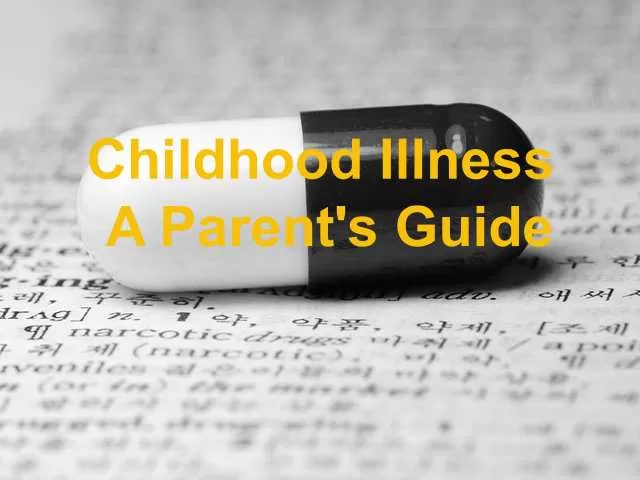Navigating Childhood Illness: A Parent’s Comprehensive Guide
As parents, witnessing our children fall ill is a heart-wrenching experience. The desire to alleviate their discomfort is natural, but the reliance on medicines, whether prescription or over-the-counter (OTC), brings its own set of concerns. This guide empowers you to make informed decisions, covering the necessity of medicine, dosage safety, natural remedies, signs for medical attention, and crucial questions for your pediatrician.
Table of contents
1. Is Medicine Always the Answer?
Before reaching for medication, assess if it’s truly necessary. Minor ailments like a common cold or mild fever may resolve with rest and hydration. Overuse of medicines can lead to resistance and unwanted side effects. Always consider the severity of the illness before opting for pharmaceutical solutions.
2. Dosage Safety Tips
When administering medicine, accuracy is paramount. Use the provided measuring tools and follow dosing instructions meticulously. Avoid using household utensils, as they may lead to incorrect dosages. If in doubt, consult your pediatrician for precise guidance on dosage based on your child’s age and weight.
3. Exploring Natural Remedies
Consider incorporating natural remedies into your child’s care routine. Honey for soothing coughs, saline solution for nasal congestion, and chamomile tea for calming effects are examples of gentle alternatives. Always consult with your pediatrician to ensure compatibility with your child’s health and any ongoing treatments.
4. When to Seek Medical Attention
Understanding when to escalate from at-home care to professional medical attention is crucial. Persistent symptoms, high fever, breathing difficulties, or signs of dehydration warrant a visit to the pediatrician. Trust your instincts; if you feel something is amiss, consult a healthcare professional promptly.
5. Questions for Your Pediatrician:
Engage in open communication with your pediatrician by asking pertinent questions:
- Are there potential side effects of the prescribed medication?
- What are the alternatives to pharmaceutical treatments?
- How long should the prescribed medication be administered?
- Are there any specific symptoms that should prompt immediate medical attention?
6. Building Immunity Naturally
Promoting overall health and immunity is an essential aspect of preventing recurrent illnesses. Ensure your child maintains a balanced diet, receives adequate sleep, and engages in regular physical activity. These lifestyle factors contribute significantly to a robust immune system.
7. Creating a Comforting Environment
Comfort plays a crucial role in recovery. Create a soothing environment with cozy blankets, a favorite stuffed animal, and comforting activities. A positive atmosphere aids in reducing stress for both you and your child during the healing process.
8. Professional Guidance for Long-Term Health
If your child experiences chronic health issues, collaborate with healthcare professionals for a comprehensive care plan. Long-term solutions may involve specialists, dietary adjustments, and tailored strategies to manage specific health conditions effectively.
Conclusion: Empowered Parenting in Sickness and Health
Navigating your child’s illness requires a delicate balance of care, informed decisions, and collaboration with healthcare providers. By understanding the nuances of medication use, exploring natural remedies, and maintaining open communication with your pediatrician, you empower yourself to provide the best possible care for your child. Strive for a holistic approach to health, ensuring both short-term relief and long-term well-being.

